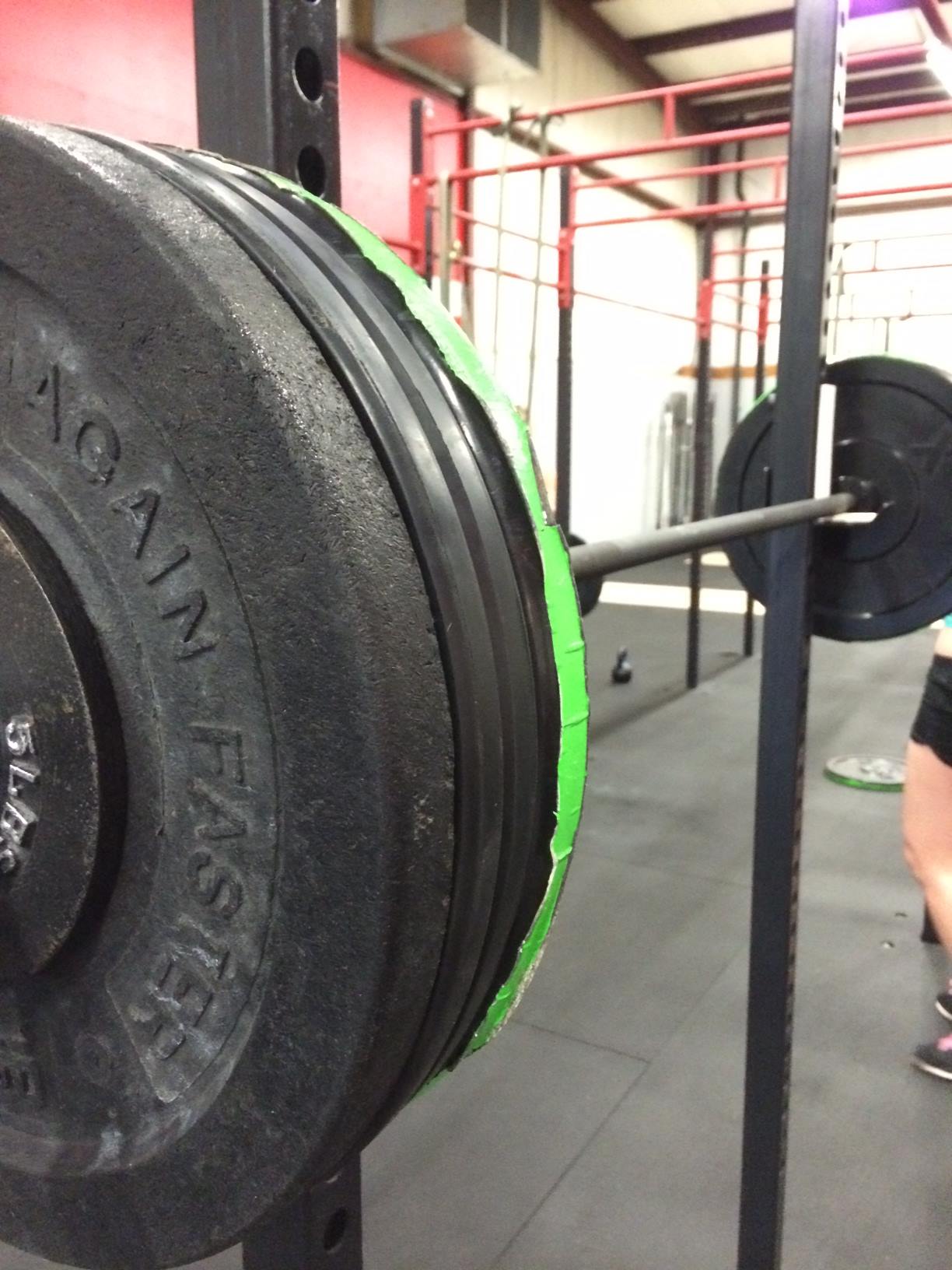By definition from the Miriam-Webster dictionary confidence sounds like a great word, but what is it? How does one achieve confidence and continue to be confident in their job search or their career?
These are questions I asked myself for a very long time. Confidence, to gain confidence and to continue to be confident takes time, patience and practice.
1con·fi·dence
noun \ˈkän-fə-dən(t)s, -ˌden(t)s\
: a feeling or belief that you can do something well or succeed at something
: a feeling or belief that someone or something is good or has the ability to succeed at something
: the feeling of being certain that something will happen or that something is true
It's Still Rock and Roll to Me
I was inspired on August 7, 2014. Not only was I in the audience of a sold out concert of a legend, but my wheels were turning and I knew I had to blog about it. The concert I am talking about is Billy Joel. The evening started off with Gavin DeGraw opening for Billy and getting the audience pumped up. It might have been the vibe of the audience or the music in general, but Gavin DeGraw spoke about an experience he had that I left the show saying to myself, WOW he has confidence! Gavin spoke about being a young kid, early teen years seeing Billy Joel for the first time and after the show telling his father that he wants to be like Billy Joel one day. His father’s response was spot on and his father said, you will be some day. Now years later Gavin is sharing this story as he himself is cheering on the legend from backstage.
Then, Billy came on, and throughout the show he said 3-4 times "THIS IS THE BEST JOB" while hitting a few piano keys, but for Billy Joel you can tell his career is more than a job, it is a passion he has and continues to share with the world and what got him to where he is today….confidence!
How do you gain confidence? And how does Billy Joel and Gavin DeGraw fit into this post. Well, they can be looked at as roles models, mentors and well they both are successful in their own ways and they got to where they are with confidence- it is a given that a musicians life isn’t that glamorous and they have struggled just like the rest of us but they both have kept their confidence and to hear Billy Joel say several times I LOVE MY JOB, it made me want to scream it back at him.
A VERY girly comment.. but it's what works...
My confidence starts with a pair of heels and a great pair of earrings. Sounds silly when I think about it, but I have these heels that when I put them on I feel unstoppable. My earrings are my accessory, I love earrings and when I look in the mirror and admire the set I am wearing that day I know I can take on the world. I recently read an article on Forbes.com about Increasing Your Confidence. The article listed 4 great insights on how to be your confident self every day, such as:
Prepare Early, Deeply and Often- the more you prepare yourself for any task the more confident you are.
Commit to Continual Skills Development – always look for new ways to learn new skills and gain new knowledge, the world is evolving, evolve with it.
Mentally Rehearse Being Confident Daily – give yourself positive reinforcement daily, you’ll see a change in your confidence in just 1 week.
Stay Fit – staying fit helps you feel confident both mentally and physically.
Just a little sweat
"The truth is, life is our canvas – so we must make living our art. And this is our journey and our journey alone. It is our path and no-one else’s and as such we must have the confidence to embrace the experiences that shape us and faith in a plan fit for just the right purpose; ours."
-Katherine Smith
 Staying fit was a great take away for me as I am lover of hot yoga and exercise in general. My journey into hot yoga began in January when I joined a worldwide community of girls and women of all ages who wanted to create a healthy lifestyle for themselves. This journey is Tone It Up. Since I started my change to a healthier lifestyle I have spoken with, been motivated by and inspired to workout daily and try to new things. My new thing became hot yoga and every class I continue to learn something new. The relaxation, the learning how to control your breath and the accomplishment plus a little sweat.. well a lot of sweat by the end of the class gives me that extra boost of confidence to be the best I can be. Yoga allows me to break out of my comfort zone, create a space around me that clears my mind of all stress and what the day entailed and just to start new. It allows me to be confident within and I know it shows without. Check out a great article about yoga and confidence here.
Staying fit was a great take away for me as I am lover of hot yoga and exercise in general. My journey into hot yoga began in January when I joined a worldwide community of girls and women of all ages who wanted to create a healthy lifestyle for themselves. This journey is Tone It Up. Since I started my change to a healthier lifestyle I have spoken with, been motivated by and inspired to workout daily and try to new things. My new thing became hot yoga and every class I continue to learn something new. The relaxation, the learning how to control your breath and the accomplishment plus a little sweat.. well a lot of sweat by the end of the class gives me that extra boost of confidence to be the best I can be. Yoga allows me to break out of my comfort zone, create a space around me that clears my mind of all stress and what the day entailed and just to start new. It allows me to be confident within and I know it shows without. Check out a great article about yoga and confidence here.
- Let’s continue this discussion on confidence as we all can learn from each other.
What gives you confidence?












